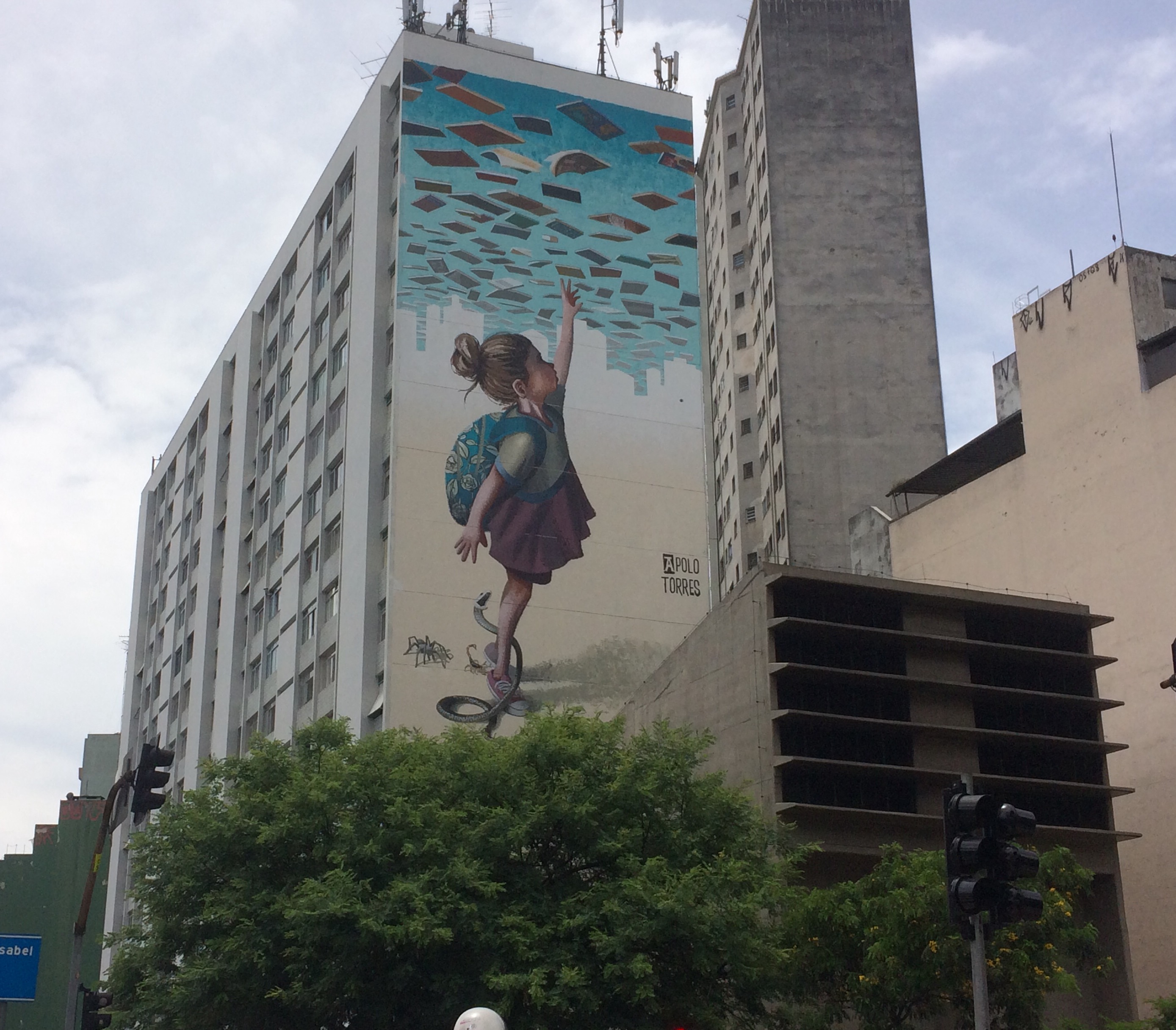Facilitators: Katie Nyquist & Daniel Zapata
Water Wars: Painting Awareness to a Global Issue that Affects Us Locally
Water is life, but do we all have equal access to this precious resource? In this course we will take
an in depth look at the very serious global issue of water accessibility and how it affects people
living in certain regions of the world. Throughout the course, students will make connections to local
issues of access from their experiences. Students will create daily sketches, make posters to
encourage awareness and finally, they will work to paint a large banner that will be displayed at the
end of this amazing week. Come ready to learn, create, and explore activism through expressive visual art!
an in depth look at the very serious global issue of water accessibility and how it affects people
living in certain regions of the world. Throughout the course, students will make connections to local
issues of access from their experiences. Students will create daily sketches, make posters to
encourage awareness and finally, they will work to paint a large banner that will be displayed at the
end of this amazing week. Come ready to learn, create, and explore activism through expressive visual art!
 Artist-
Artist-  Photographer-
Photographer-  Apolo Torres, San Paulo :
Apolo Torres, San Paulo :